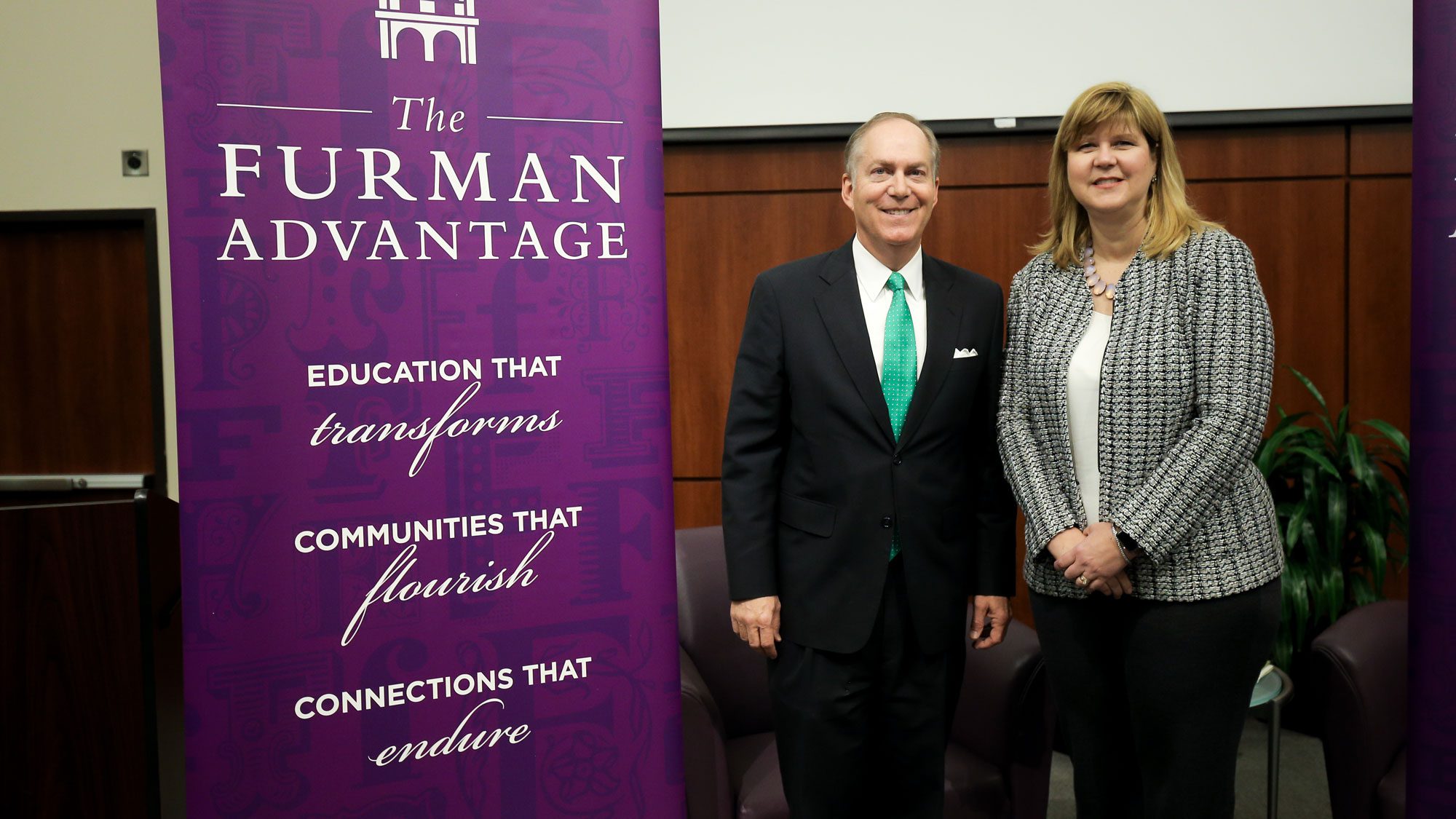Event format and credentials must be carefully explained in the proposal.
Artistic Performances and Cultural Demonstrations
Proposals for performances (in the performing and visual arts) and demonstrations (including but not limited to specifically designed religious ceremonies and athletic events) must:
- Describe the cultural event and explain its
- Inform the Committee of the significance of the performance or demonstration, and how its importance will be conveyed to the attendees (e.g., through introductory statements, concluding remarks, program notes, oral or written annotations, etc.).
- Describe the qualifications of the artist(s) or event participants. This should include their credentials, and might also include previous performance venues, years of performing and critical reviews.
- Indicate the presence of material or language that might be considered offensive or particularly provocative.
Note: Proposals for performances or demonstrations featuring or involving students must explain the extent to which Furman faculty or appropriately credentialed “masters” or experts will be involved in the production of the event. Student performances without deep and significant faculty or expert involvement will not receive CLP credit.
Films and Documentaries
Proposals for films and documentaries must:
- Describe and explain the significance of the film or documentary. Include other information necessary to understanding the importance of production.
- Inform the Committee as to how the above information will be conveyed (e.g., through introductory statements, concluding remarks, program notes, oral or written annotations, etc.).
- Identify and give the credentials of the presenter or panel used to frame and contextualize the film or documentary. Speaker credentials must be compelling. Speakers will typically have a terminal degree (often a Ph.D.) in an appropriate field. [The Committee recommends that the presentation and/or panel discussion should last ten to fifteen minutes, with an additional audience question‐and‐answer time.]
- Indicate the presence of material or language that might be considered offensive or particularly provocative.
- Demonstrate that the sponsor has secured the appropriate public performance license to show the film or has determined a copyright exemption for public performance is allowed. Screenings open beyond students seeking CLP credit will almost always require a public performance license. Very few films, including only a small number held by the Furman University Libraries, are already licensed for public performance. If there are questions regarding public performance licenses for films, contact the University Copyright Officer.
Panels, Lectures, and Debates
Events that offer the presentation of ideas by experts and notable individuals must:
- Describe the event and its significance by placing it in its intellectual, social, artistic, or scientific context. The Committee encourages relevant Furman faculty participation. It also encourages sponsors of events featuring speakers with a, particularly narrow or provocative message to include a panel of individuals qualified to respond to the speaker(s).
- Give the name(s) and credentials of the speaker(s). Speaker credentials must be compelling and align closely with the event topic. The speaker(s) will typically have a terminal degree (often a Ph.D.) in an appropriate field. Extraordinary life experiences and notable accomplishments may sometimes substitute for formal credentials. It is the sponsor’s duty to make a compelling case for this exception.
- Identify the way(s) the audience will participate in the event (e.g., through a question-and-answer period).
- Indicate whether or not the material or views presented could be considered by some to be offensive or particularly provocative.
If an event does not fit any of the above categories, the sponsor should contact the Committee chair to discuss the proposal.
The Committee will not consider proposals that feature workshops, charity and awareness campaigns, self‐help or “how‐to” topics, student research or coursework, student organization activities, or political campaigns.
